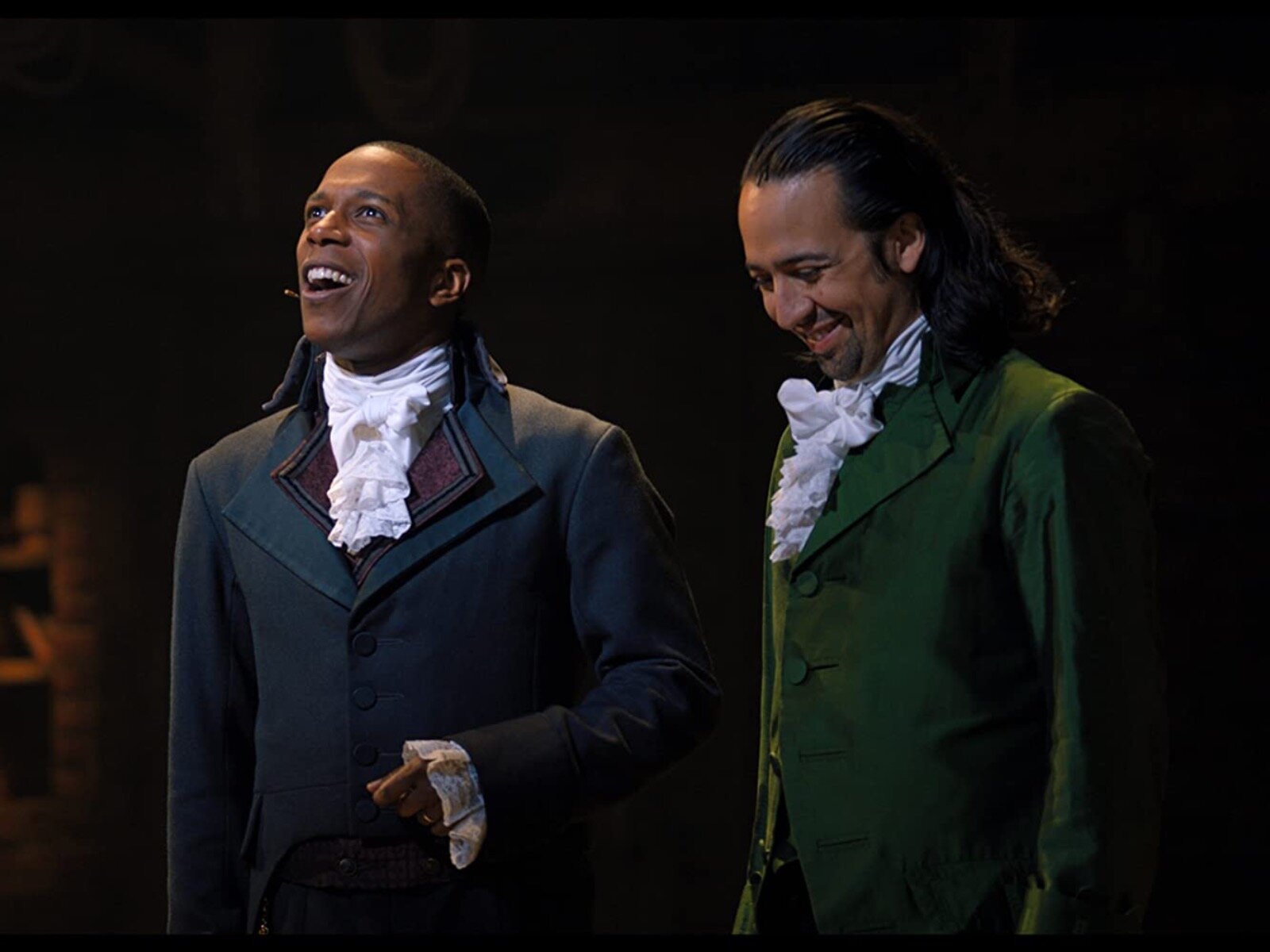It would be a parents' nightmare to discover that the son that they’ve raised for six years wasn’t actually their own, but in fact, someone else’s. That's the revelation at the center of Japanese writer-director Hirokazu Koreeda’s latest, "Like Father, Like Son," Wednesday night's Milwaukee Film members screening for the month of April.
Two 6-year-old boys are switched at birth and given to the wrong families, who must now decide what to do. This nightmarish and unshakable "switched at birth" twist has been done in films before, but not as beautifully observed as this picture, which focuses on the parental crisis and the familial ties that bind.
Koreeda, known for his other masterworks such as "Nobody Knows," "Still Walking" and "I Wish," returns with another drama that dominantly focuses on familial themes. In 2004’s "Nobody Knows," a 12-year-old must take care of his younger siblings after they’re left to fend for themselves inside an apartment. "Still Walking" (2008) is a drama about a family grieving the death of a loved one. 2011’s "I Wish" follows a separated family following a divorce.
"Like Father, Like Son" leads itself down a similar humanistic narrative path, expanding beyond clichés and melodrama for a more quiet, grounded approach in reality.
The film opens with Ryota (Masaharu Fukuyama) and Midori (Machiko Ono), a well off, upper-class couple sitting alongside their son Keita. As they stare into the camera, school officials ask them a series of questions. Keita is reserved and behaved for his young age, sitting politely and answering questions articulately – or at least, as much a 6-year-old can be considered articulate, as if he’s putting on a performance of sorts.
In fact, they are actually putting on a performance. Their fabricated answers are only to help their chances as they’re being interviewed as part of an entrance exam to a seemingly elite school. After all, Ryota and Midori want what they think is best for Keita.
Although the family is obviously well off just by observing their modern, upscale apartment, their dynamic is a bit cold. Ryota spends much of his time working while the obedient Midori spends most of her time at home. When he’s home, however, he helps mold Keita through piano lessons and limited playtime through a routine. Their calmness and routine, however, is interrupted by a phone call from the country hospital where Keita was born, a call that turns their lives upside down.
For reasons revealed later in the film, Keita was swapped at birth with another boy, Ryusei (Shogen Hwang), their actual son. The news leads to a bit of inner turmoil as they’re confronted with their own parental shortcomings. With the assistance of the hospital, they arrange a meeting with the other parents, Yukari (Yoko Maki) and Yudai (Riri Furanki), who were also unaware of the news.
Koreeda deliberately paces the film with a bit of ease and observation, choosing to focus on the two families and their differences as they attempt to make important decisions. Once the two families and their differences are established, however, Koreeda interestingly shifts the attention solely towards both Keita and Ryusei and their newfound lives in completely new environments with new parents. They essentially become strangers in a strange land, as apparent through their uneasy transition shown in the second half of the film.
It was also interesting to watch the two families who couldn’t be anymore different, both socially and economically. While Ryota and Midori are more formal, Yukari and Yudai are portrayed as a disordered, quirky working-class couple. Besides raising Ryusei, they also have two other young children who cramp together in a small, disheveled apartment that’s nearby Yudai's store, where he spends his time fixing appliances.
It’s clear that Yukari and Yudai are genuine parents, making ends meet however they can. However, this isn’t as apparent to Ryota, who is disappointed to find out that a low-class family raised his real son. He sees the situation as a matter of business and requests to raise both children, but Yukari and Yudai refuse and become offended. It’s only after this point that they agree on a gradual custody exchange over weekends.
With no other clear-cut solution as to whether they should simply swap children at the request of the hospital or not, the two families meet as they try to figure out the future and what’s best for their children and themselves.
While the story focuses on the difference between the two families, much of the focus is geared towards Ryota and his own personal difficulties. Fukuyama, a Japanese singer/songwriter as well as an actor, portrays Ryota with depth and complexity.
By the end of "Like Father, Like Son", Koreeda masterfully brings up the question: Is it blood that connects a mother and father with their child, or is it time and nurture? This, of course, springs forward the "nature vs. nurture" debate in the film. Blood ties are obviously important, especially throughout different cultures. However, time and nurture with the child cannot be ruled out as a resulting factor of what imprints a child.
This debate can and will go on forever, but Koreeda manages to give some kind of an answer, leading to a somewhat poignant and blurry conclusion.
Colton Dunham's passion for movies began back as far as he can remember. Before he reached double digits in age, he stayed up on Saturday nights and watched numerous classic horror movies with his grandfather. Eventually, he branched out to other genres and the passion grew to what it is today.
Only this time, he's writing about his response to each movie he sees, whether it's a review for a website, or a short, 140-character review on Twitter. When he's not inside of a movie theater, at home binge watching a television show, or bragging that he's a published author, he's pursuing to keep movies a huge part of his life, whether it's as a journalist/critic or, ahem, a screenwriter.







